As the Coronavirus, also known as COVID-19, pandemic spreads across the globe, scientists all over the world are searching for a cure, while at the same time scrambling to create an effective vaccine. Research into the possibility of repurposing existing medications to treat this latest pandemic has uncovered an effective use of melatonin for this very purpose — treating and preventing coronavirus.
The Benefits of Drug Repurposing
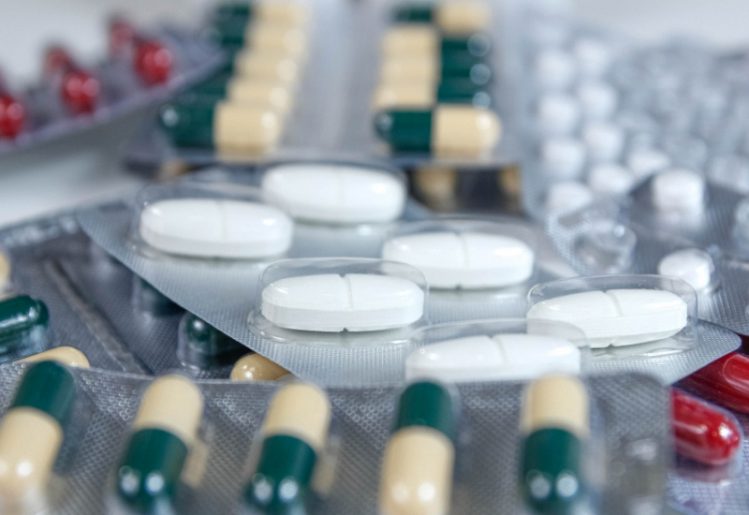
COVID-19 has been found to be effectively combated by the immune systems of most healthy people. However, the majority of the fatalities that have resulted from COVID-19 infections to date have occurred in people who are elderly and/or already suffering from significant health conditions such as heart disease, high blood pressure, diabetes and respiratory infections. While some of the latest research is focusing on creating new medications to prevent or treat the virus, other research is centered on repurposing existing medications that may have a positive effect in preventing the severity and the spread of the virus.
Successfully repurposing existing drugs has an important benefit: it means that they can be made publicly available in a shorter time frame. Existing drugs have also already gone through trials and government approval processes, and thus have already been proven safe for human use. Between the approval process and the time it would take to manufacture a new drug, repurposing an existing drug could save months, or even years.
Can Existing Drugs Be Used to Treat Coronavirus?
A study conducted at the Norwegian University of Science and Technology looked at how certain existing drugs, categorized as BSAAs, or broad-spectrum antiviral agents, would affect the COVID-19 virus. In the study, researchers focused their attention on this category of medication because BSAAs can attack two or more types of viruses simultaneously.
After testing 119 BSAAs, the researchers found that a couple seemed to be particularly effective in combating the COVID-19 virus. Specifically, the team found that chloroquine and remdesivir were effective in inhibiting the spread of the virus in laboratory experiments. Other medications that could potentially treat coronavirus are dalbavancin, emetine, monensin, oritavancin and teicoplanin. While it’s rare to repurpose antibiotics for use in treating viruses, it appears that the properties of these particular drugs could make them effective as antiviral agents as well.
The researchers will continue their research by pursuing the effectiveness of these drugs against COVID-19 in clinical trials. The hope is to show that broad-spectrum antiviral agents have a wide range of uses and can help improve recovery rates in the treatment in a variety of diseases.
Previous Research Supports Melatonin’s Potential
Some of the latest research is also focusing on using melatonin as a possible adjunct treatment for COVID-1 — but this isn’t the first time this hormone has been used in the fight against viral infections. Best known for its role in regulating the sleep-wake cycle and use as a sleep aid, melatonin has also been studied for its potential role in supporting virus treatment for decades.
As far back as 1988, researchers successfully used melatonin to protect laboratory rodents against viral diseases. In studies, the rats were infected with the encephalomyocarditis virus (EMCV), or the Semliki Forest virus (SFV), which are both fatal within a 10-day window. However, daily doses of melatonin resulted in delayed and reduced symptoms. Additionally, instances of death were reduced.
Later, the outbreak of the Ebola virus in 2014 through 2016 prompted researchers to revisit the idea of using melatonin to help fight viruses. One consequence of the Ebola virus is to inhibit immune system function. Combined with its effectiveness in modulating inflammation and reducing oxidative stress, melatonin’s ability to protect the immune system made it a promising treatment possibility for the Ebola virus.
Through laboratory research, it was found that melatonin-based adjunct treatments also helped to protect blood vessels, which are also affected by the Ebola virus. The hemorrhagic shock that could result from the damage that the virus has on blood vessels was shown to be prevented in cases where melatonin was administered. Since hemorrhagic shock is a leading cause of death attributed to the Ebola virus, the ability to reduce vascular permeability with melatonin treatments made it a desirable option. While melatonin has never been found to be effective in negating viruses entirely, it has been shown to be effective in reducing the severity of symptoms that a viral infection may cause.
Researchers Examine Using Melatonin for Coronavirus
 Research into the use of melatonin as an antiviral treatment has continued to the present day, when researchers are now focusing on repurposing melatonin for the treatment of COVID-19. This is because COVID-19, like any viral infection, increases the level of oxidative stress in the body. Left unchecked, oxidative stress can cause organ damage, but melatonin’s antioxidant properties can help combats the free radicals that cause this damage.
Research into the use of melatonin as an antiviral treatment has continued to the present day, when researchers are now focusing on repurposing melatonin for the treatment of COVID-19. This is because COVID-19, like any viral infection, increases the level of oxidative stress in the body. Left unchecked, oxidative stress can cause organ damage, but melatonin’s antioxidant properties can help combats the free radicals that cause this damage.
Administering melatonin along with other treatments may help keep a viral infection, such as COVID-19, under control, so it won’t become a life-threatening condition. In the meantime, melatonin will also protect the body as the immune system grows stronger and is able to combat the virus more effectively. Specifically, melatonin targets the same protein coding genes that the human coronavirus targets, helping to reduce the likelihood that the virus will infect those genes. Melatonin also works as an anti-inflammatory agent, which helps reduce the effects that an infected gene will produce.
Currently, research into the effects that melatonin and repurposed drugs have on the COVID-19 is in the early stages. While laboratory research has produced promising results, clinical trials are needed to confirm that these repurposed medications will have the same effects on living organisms. In the meantime, people are urged to continue practicing the safety guidelines for avoiding infection. These include washing your hands frequently, keeping a distance of at least six feet from others and self-quarantining inside your home as much as possible.
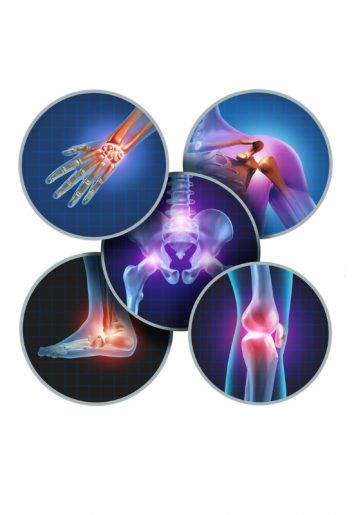 As stated above, inflammation is, in essence, a beneficial process. Ideally, once the threat has been eliminated through medical treatment and time, the levels of antibodies and proteins subsides and the inflammation is alleviated.
As stated above, inflammation is, in essence, a beneficial process. Ideally, once the threat has been eliminated through medical treatment and time, the levels of antibodies and proteins subsides and the inflammation is alleviated. A compound primarily found in pineapples,
A compound primarily found in pineapples,  Research has found that people are more likely to suffer heart attacks and strokes in the early hours of the day, and that those who don’t get enough sleep are
Research has found that people are more likely to suffer heart attacks and strokes in the early hours of the day, and that those who don’t get enough sleep are 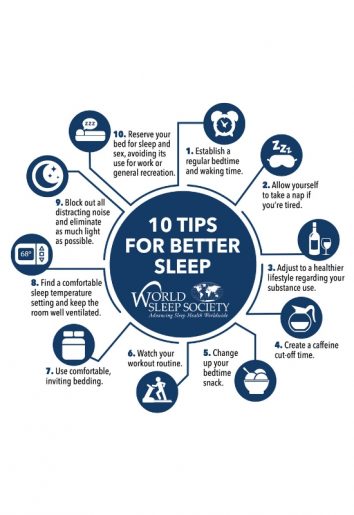 World Sleep Society
World Sleep Society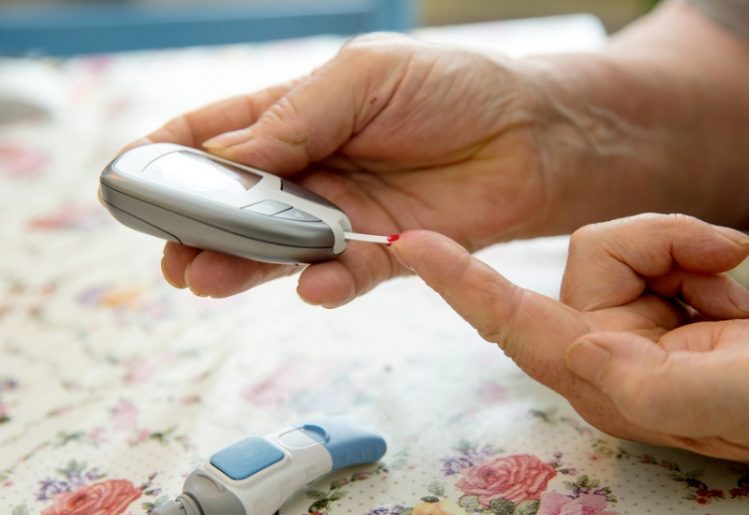 Diabetes can present itself
Diabetes can present itself  When you drink more water, you’ll alternatively be drinking fewer sweetened beverages, which helps you
When you drink more water, you’ll alternatively be drinking fewer sweetened beverages, which helps you 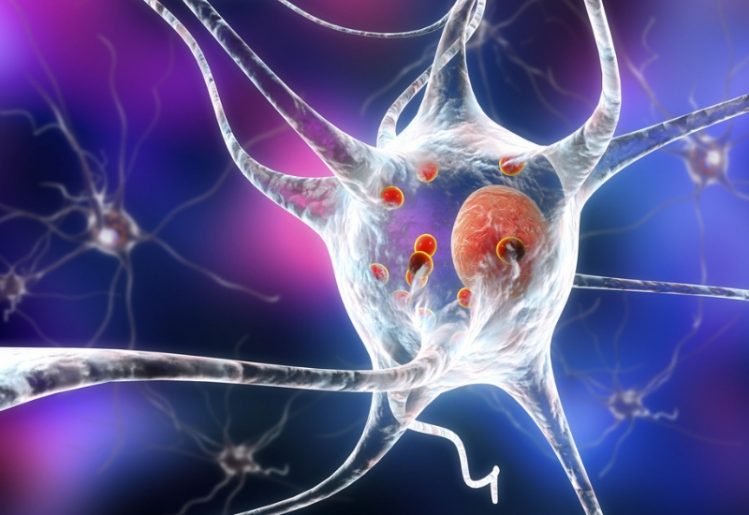 It’s believed that Parkinson’s is the result of low dopamine levels in the brain, which eventually causes nerve cells to die off. Dopamine has been identified as the neurotransmitter responsible for communicating messages that control coordination and physical movement. As neurotransmitter levels drop, the affected individual finds it more difficult to control their movements. They may also notice a stiffening of the muscles.
It’s believed that Parkinson’s is the result of low dopamine levels in the brain, which eventually causes nerve cells to die off. Dopamine has been identified as the neurotransmitter responsible for communicating messages that control coordination and physical movement. As neurotransmitter levels drop, the affected individual finds it more difficult to control their movements. They may also notice a stiffening of the muscles.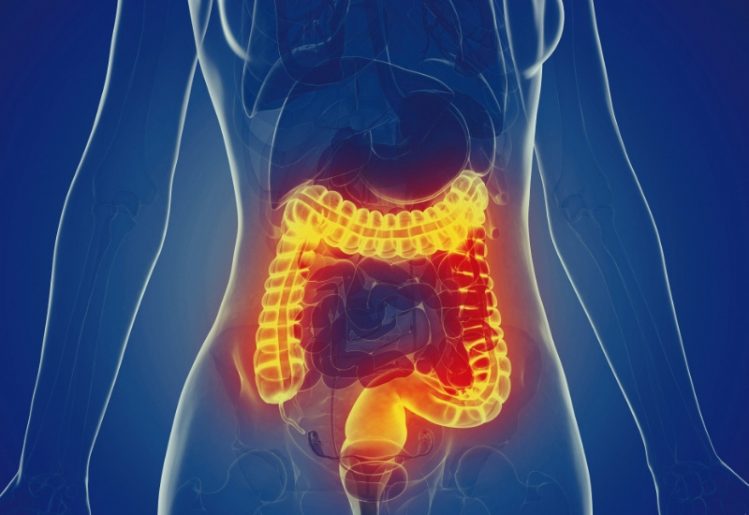 Additional research has found that
Additional research has found that  Research into chronobiology has determined that every organ in the body, as well as certain biological processes, have their own 24-hour rhythms. By researching these rhythms and studying how they are affected by different chemical compounds, researchers can determine which nutrients should be introduced into the biology of an individual at a given time of day for optimum effectiveness.
Research into chronobiology has determined that every organ in the body, as well as certain biological processes, have their own 24-hour rhythms. By researching these rhythms and studying how they are affected by different chemical compounds, researchers can determine which nutrients should be introduced into the biology of an individual at a given time of day for optimum effectiveness. Acting as an antioxidant,
Acting as an antioxidant,